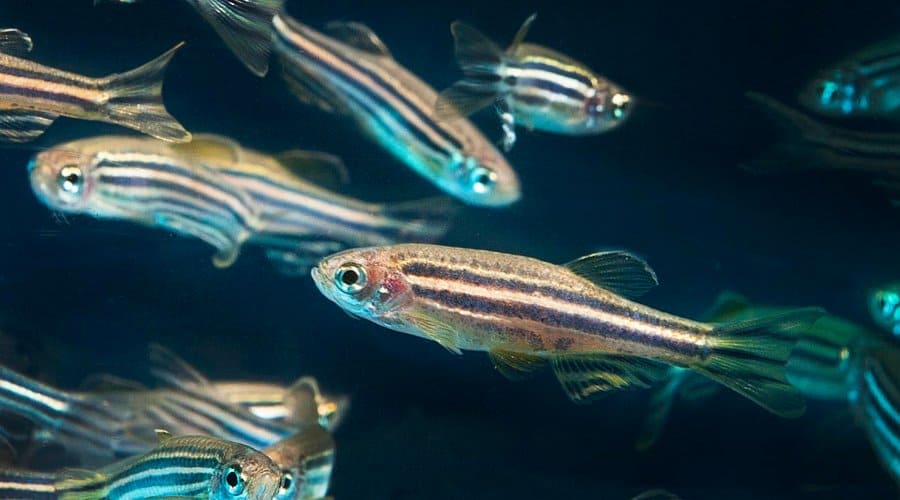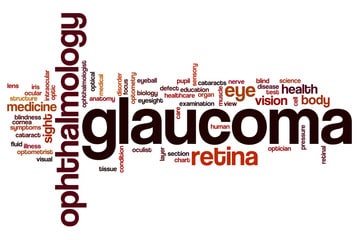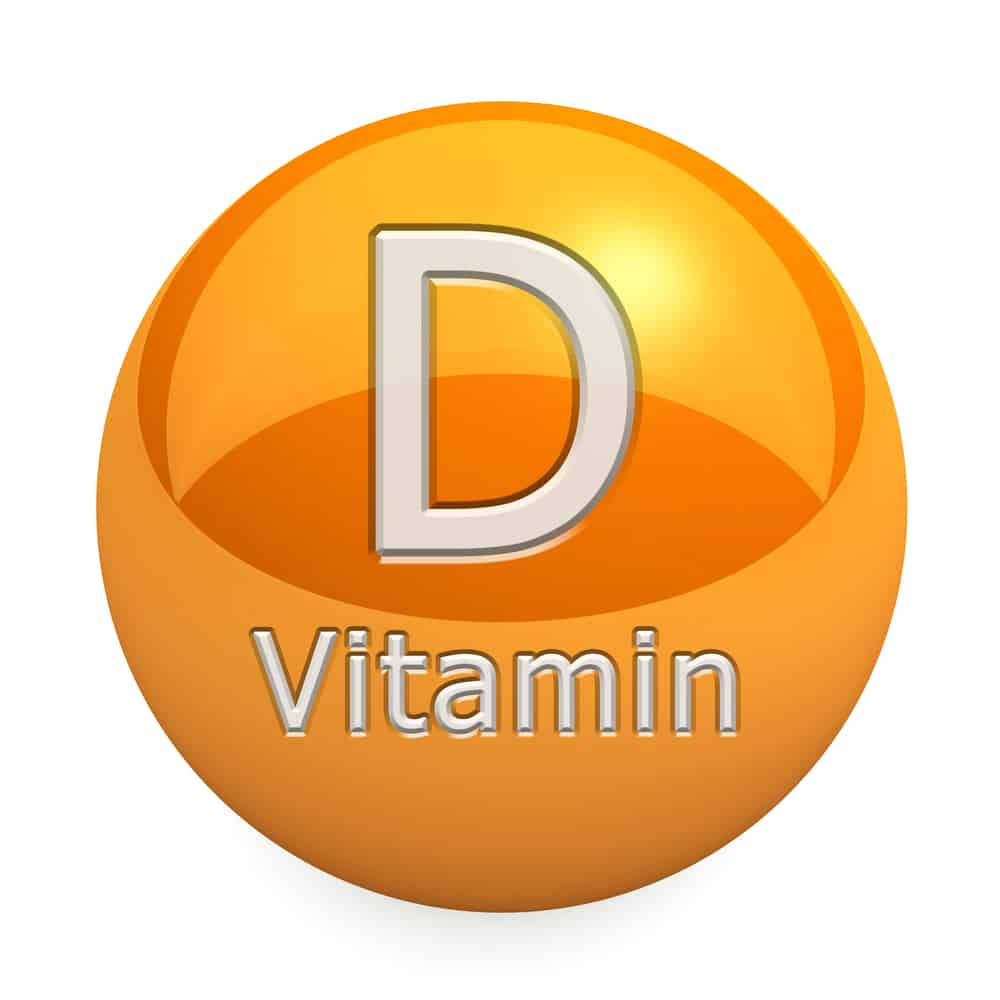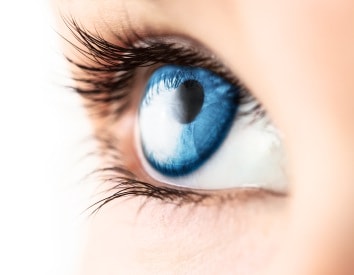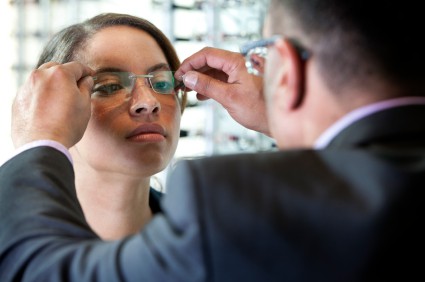 Severely Nearsighted? Complications Can Be Blinding
Severely Nearsighted? Complications Can Be Blinding If you’re severely nearsighted, you’re not alone. In fact, you’re one of 10 million adults in the U.S. with the condition. Myopia (or nearsightedness) has risen from 25% in the early 1970’s to more than 40% by 2000.

